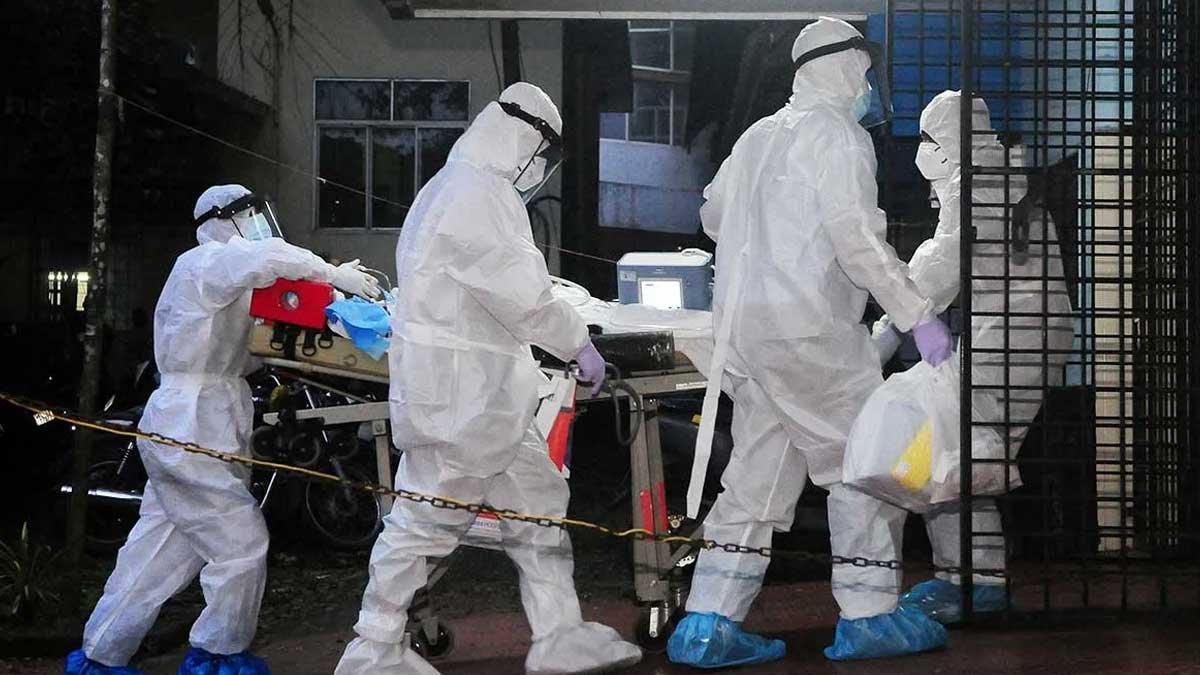New Delhi, 15 June 2025: India has reported a fresh spike in COVID-19 infections, with active cases rising to 7,400 as per the latest health ministry data. In the last 24 hours, nine COVID-related deaths have been recorded, and two new positive cases have emerged from Agra, signaling that the virus continues to maintain a dangerous foothold in several regions. Public health officials are urging heightened vigilance, especially in densely populated areas, as the rise indicates not just sporadic transmission but possibly the spread of a more infectious or immune-evasive variant.
Why This Spike Matters and Who’s at Risk
Even as many people resume normalcy, experts warn that the virus still poses a significant risk, especially to the elderly, immunocompromised, and unvaccinated individuals. However, what’s alarming in recent studies is that COVID-19’s ability to attack healthy cells hasn’t weakened with time. In fact, certain variants are now better equipped to invade healthy tissues and cause complications in individuals with no prior health conditions. The two cases in Agra have also led to contact tracing efforts, with authorities keen on preventing potential cluster formation.
The Virus’s Attack on Healthy Cells – A Scientific Overview
SARS-CoV-2, the virus that causes COVID-19, uses the spike protein to enter human cells, particularly targeting the ACE2 receptors found in lungs, heart, kidneys, and even the brain. Once inside, it hijacks the cell’s machinery to replicate, which can lead to widespread inflammation and multi-organ damage. According to virologists, some of the newer variants show a higher affinity for these receptors, allowing the virus to bind more effectively and penetrate even healthy tissue faster, making infections more severe even in previously fit individuals.
Preventive Measures You Should Reinforce Now
Amid rising cases, experts strongly recommend reinforcing COVID-appropriate behavior. This includes wearing masks in crowded or enclosed spaces, maintaining hand hygiene, avoiding unnecessary travel, and getting tested if symptoms like fever, sore throat, or fatigue develop. It’s also crucial to stay up to date with booster doses of the vaccine, as they offer protection against severe disease even if they may not completely prevent infection. People with chronic conditions or low immunity must avoid exposure at all costs during this resurgence.
The recent jump in COVID-19 numbers serves as a stark reminder that the pandemic isn’t over, and complacency can be costly. With active cases now touching 7,400 and deaths still being reported, India must remain cautious. The virus’s ability to attack healthy cells and cause unpredictable complications underscores the need for timely detection, responsible behavior, and public cooperation. Authorities are monitoring the situation closely, but the public must also play its part to curb another potential wave.






